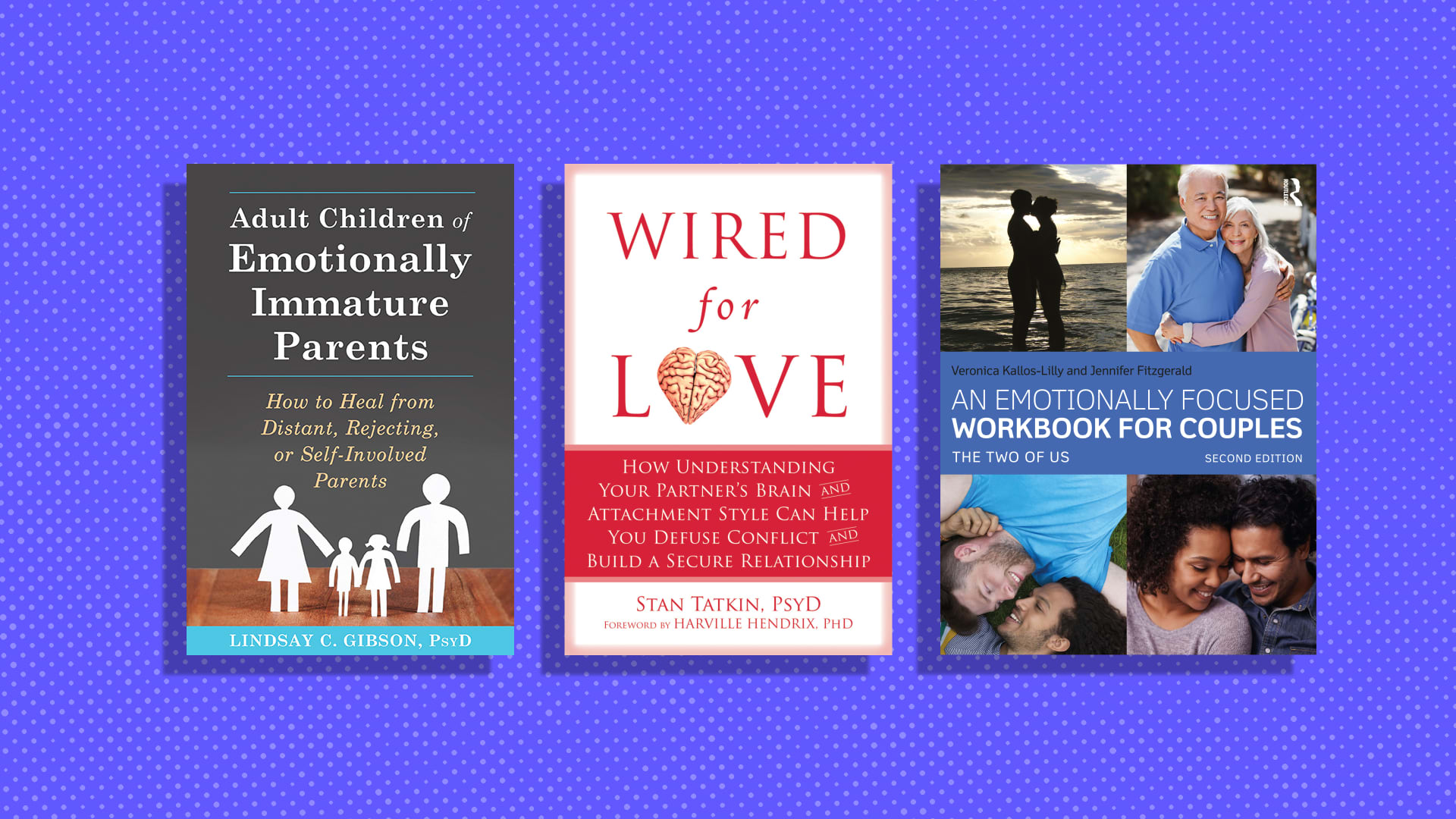[ad_1]
When Amir Levine, Columbia professor and author of “Attached: The New Science of Adult Attachment and How It Can Help You Find — and Keep — Love,” first learned about attachment theory, it was “revelatory,” he says: “From the moment I came across this information it has changed my life and how I interact with people for the better.”
If you’re not familiar, attachment theory, which was pioneered by John Bowlby in the 1950s, refers to how a person relates to others and was first applied to children. Levine posits that you can use attachment theory to understand adult relationships, too. Most people can be split into three groups:
- Secure people feel comfortable with intimacy and are usually warm and loving
- Anxious people are often preoccupied with their relationships and tend to worry about their partner’s ability to love them back
- Avoidant people equate intimacy with a loss of independence and constantly try to minimize closeness
10 years after publishing the book, it still appears on best-seller lists and is trending on TikTok, evidence of its enduring appeal.
Pamela Larkin, a therapist who specializes in dating and relationships, read the book four years ago before starting her own private practice in Chicago. “To learn about attachment theory was eye-opening to me,” she says. “It felt like a different way to understand people’s needs and people’s wounds.”
It’s also not the only book out there on attachment theory. If you’re still itching to learn more about your own attachment style, there are other books that can help, she says.
Here are six, therapist-recommended books if you want to learn more about attachment theory.
6 books to learn more about attachment theory
1. Adult Children of Emotionally Immature Parents: How to Heal from Distant, Rejecting, or Self-Involved Parents by Dr. Lindsay Gibson
In this book Gibson offers ways to recover for those who had destructive or neglectful parents.
“I might encourage someone to read this who wants to experience healing in their attachment wounds,” Larkin says. “There are a number of worksheets that allow for assessing one’s own experience and reflecting.”
2. Love Sense: The Revolutionary New Science of Romantic Relationships by Sue Johnson
“Love Sense” splits relationships into three phases and advises readers on how to weather them. Johnson tackles topics like monogamy, the logic of love and the benefits of secure love.
3.Your Brain on Love: The Neurobiology of Healthy Relationships by Stan Tatkin
Only available on audiobook, Tatkin helps readers identify their attachment style and then guides them through building enduring relationships whether its with a partner or family member.
“I would recommend this book more for people who are already in relationships and want to better understand their and their partner’s attachment styles and how it impacts their interactions,” says Jessica Small, a therapist at Growing Self Counseling & Coaching in Denver, Colorado.
4. Hold Me Tight: Seven Conversations for a Lifetime of Love by Sue Johnson
This is a self-help book for couples that both Larkin and Small recommend.
“Sue Johnson is the founder of Emotionally Focused Couples Therapy, known as EFT, which is based on the idea that conflict and difficulty in relationships stem from insecure attachments and a desire for a secure bond with a partner,” Small says.
The book has exercises that couples can do in conjunction to therapy.
“I cannot recommend this book enough,” Small says.
5. An Emotionally Focused Workbook for Couples: The Two of Us by Veronica Kallos-Lilly and Jennifer Fitzgerald
This book is also recommended for those pursuing EFT. In it, Kallos-Lilly and Fitzgerald looks at relationships through an attachment lens and guide readers through the process of creating a secure relationship.
6. Wired for Love: How Understanding Your Partner’s Brain and Attachment Style Can Help You Defuse Conflict and Build a Secure Relationship by Stan Tatkin
Tatkin brings together neuroscience, attachment theory, and emotion regulation research to create 10 guiding principles that can help a reader figure out how them and their partner are “wired” differently and how they can communicate better.
Sign up now: Get smarter about your money and career with our weekly newsletter
Don’t miss:
What to do if you have Covid symptoms but keep testing negative at home, according to experts
Monkeypox is a global health emergency—what you need to know about symptoms, vaccines and more
[ad_2]
Image and article originally from www.cnbc.com. Read the original article here.

